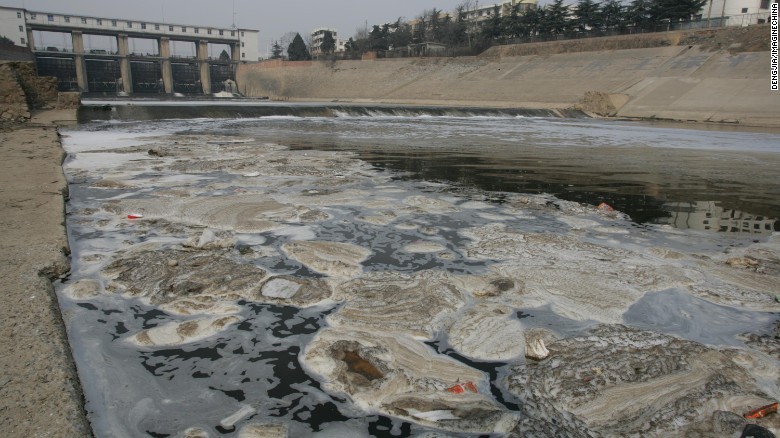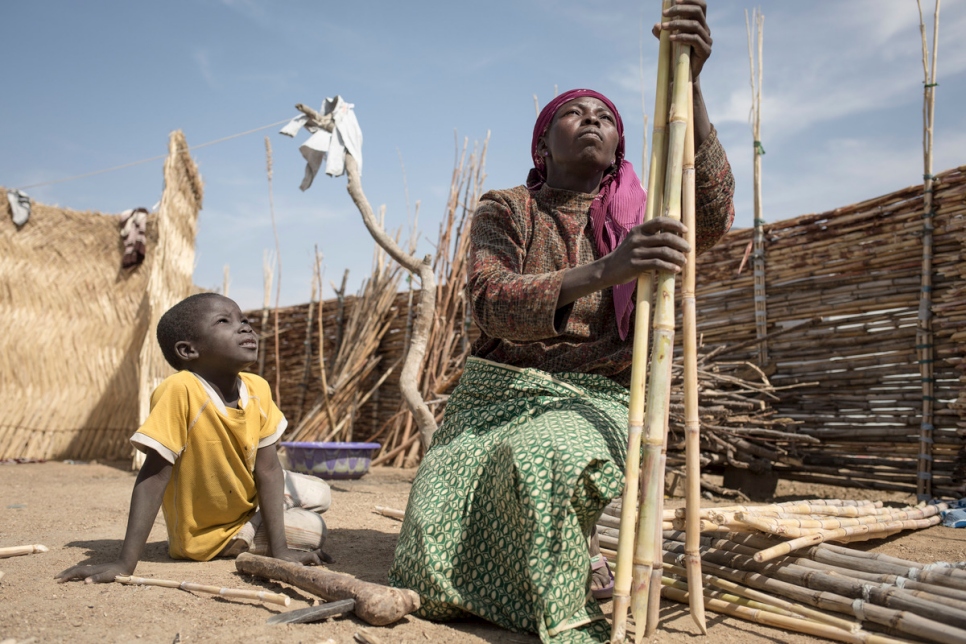By Sarah Lafen
Impunity Watch Desk Reporter, Europe
MINSK, Belarus — According to a Belarusian human rights group, over 400 people were arrested, and many were beaten, in Belarus on March 25 amidst protests against a tax on under-employed citizens. The law, known as the “anti-parasite” law, demands a $250 tax on anyone who works less than six months each year who does not register with the state labor exchange. Belarusian President Alexander Lukashenko insists that the tax will not be eliminated and believes it disciplines those who are “workshy.” Lukashenko has, however, suspended the tax for the year. Opponents to the new law believe it punishes those who cannot find work.

About 700 people marched on Saturday in a demonstration along Minsk’s main street, however were blocked by police holding shields and clubs. According to demonstrator Alexander Ponomarev, the police were “beating the participants, dragging women by the hair to buses.” More arrests took place on Sunday when other demonstrators demanded to know the whereabouts of those arrested the previous day.
Prior to the weekend, over 100 opposition supporters were sentenced to jail terms of up to 15 days. Police raided human rights group Vesna’s office and detained more than 50 people. 20 journalists were among those arrested according to the Belarusian Journalists’ Association. BBC Belarus correspondent Sergei Kozlovsky told reporters that “[the police] grabbed everybody indiscriminately, both young and old” and that they were “treated very harshly.” Known opposition supported Vladimir Neklayev was allegedly removed from a train by police as he was traveling to Minsk overnight.
About 150 of those arrested were sentenced to jail terms of up to 25 days. Opponents of Lukashenko ran the protests in Minsk and in other cities across Belarus. Vladimir Lobkovich, of Vesna, called the jail sentences a “judicial conveyor.”
Demonstrators shouted slogans such as “Shame!” and Basta! (Enough!)” and displayed the opposition’s red and white flag. “Petrol bombs and “arms-laden cars” were found near the protest in Minsk according to the foreign ministry.
Foreign ministry spokesperson Dzmitryy Mironchyk called the actions of the police “completely appropriate.” Mironchyk said that because the rallies were unauthorized, “specific consequences” would have been justified “in any country of the world.” He further commented that no tear gas or water cannons were used by the police.
For more information, please see:
The Washington Post — Rights Group: More than 1,000 Arrested in Belarus Protests — 27 March 2017
BBC — Belarus Protests: Government Defends Mass Arrests — 26 March 2017
Hawaii News Now — Belarus Police Arrest over 400 Protesters; Many are Beaten — 25 March 2017

